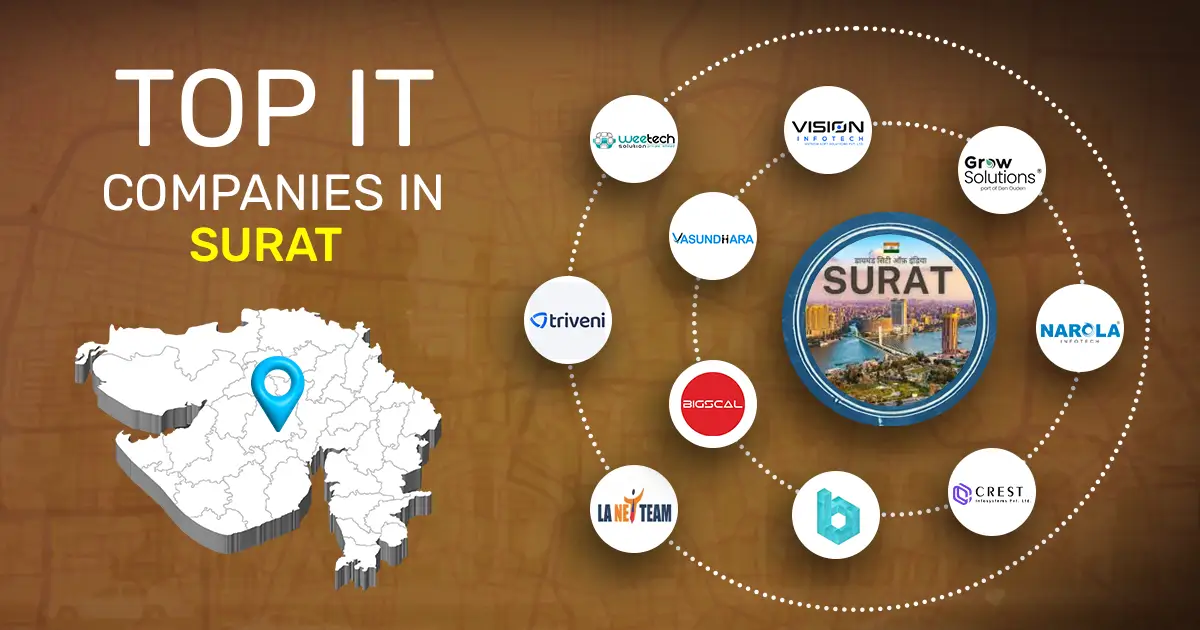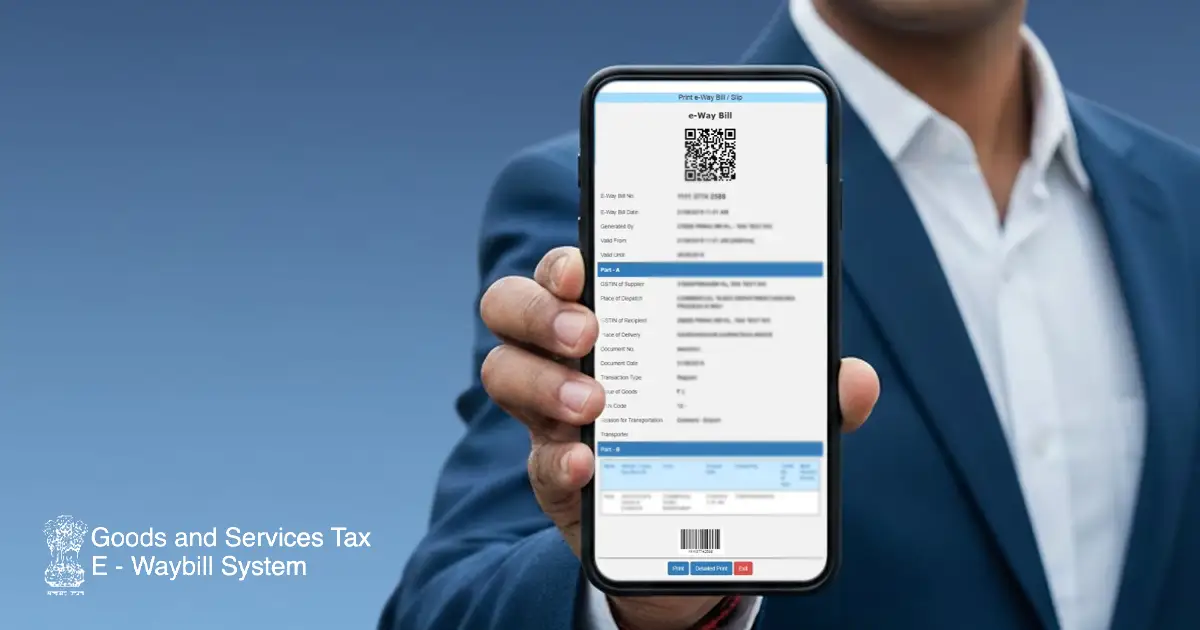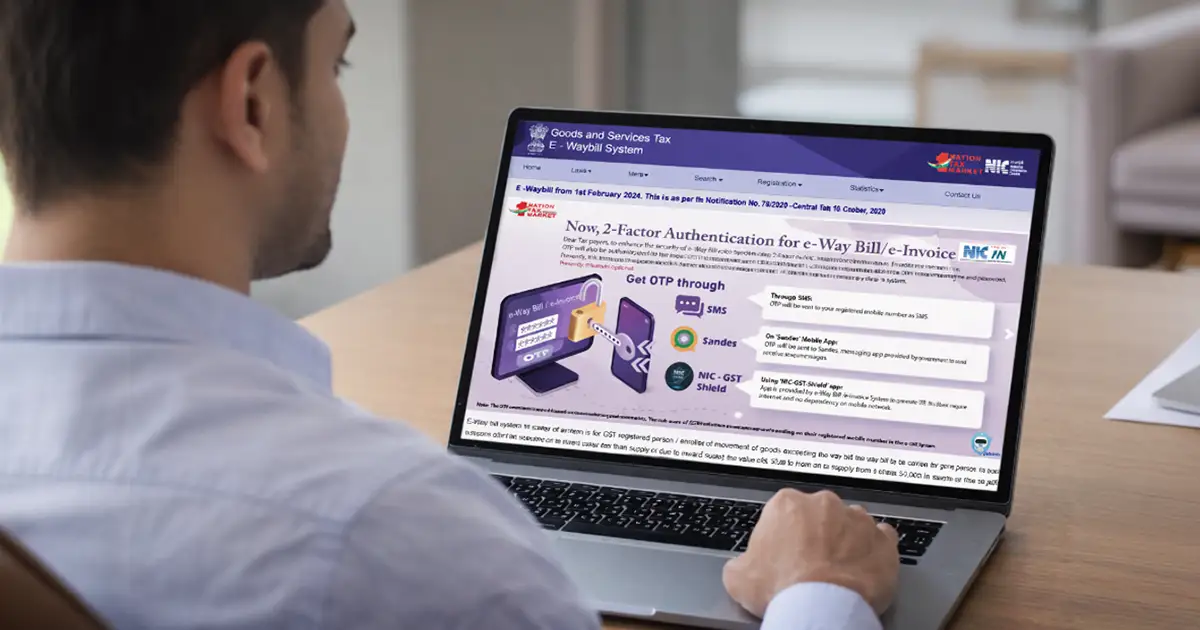Barcode registration is the process of getting a unique barcode for your products through an authorized agency, typically based on international standards set by GS1 (Global Standards 1). In India, this system began in 1996 with the establishment of GS1 India. It is an autonomous body formed by the Ministry of Commerce and Industry in collaboration with leading industry groups like CII, FICCI, and BIS.
On a global scale, barcodes are governed by GS1, a non-profit organization headquartered in Brussels, Belgium, which ensures uniformity and worldwide recognition of product codes.
A barcode acts as a universal product identifier that allows products to be scanned and tracked in retail stores, warehouses, and online platforms. It improves supply chain management, reduces errors, and adds authenticity to your brand.
Is Barcode Registration Mandatory in India?
Barcode registration is not legally compulsory in India. However, in practice, it has become a business necessity for companies looking to grow.
Without a registered barcode, your products might not be accepted by these channels, severely limiting your market reach. Therefore, barcode registration may not be a legal mandate, but it has become an industry standard for growth, efficiency, and market acceptance.











